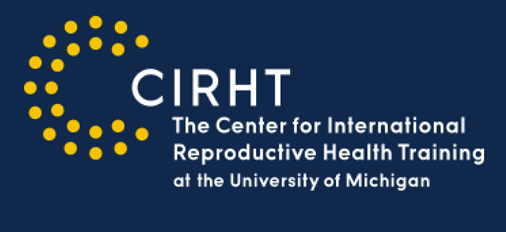Speaker
Description
Zambia has ratified many conventions with regard to sexual reproductive health amongst them is provision of comprehensive abortion care services. The Zambia 1972 Termination of Pregnancy Act is considered one of the most liberal in the world but this has not translated into service provision. Limited access, inadequate trained providers and lack of awareness on safe abortion services has resulted in unsafe abortions that has contributed to maternal morbidity and mortality in Zambia. Nine percent of the current MMR, which stands at 195 per 100,000 live births, are attributable to abortion (ZSA, 2024). Additionally, Zambia has a high-unmet need for contraception, which currently stands at 16% (ZSA, 2024) which leads to unwanted pregnancies that subsequently lead to unsafe abortions. Strategies to improve abortion care services and family planning through training of pre-service health providers such as nurses, midwives, public health scientist and Doctors would change this narrative. Since June 2023, the University of Zambia with collaboration with University of Michigan is implementing a project sponsored by Center for International Reproductive Health Training (CIRHT) that aimed at developing a curriculum for training pre-service learners in Comprehensive Abortion Care and Long Acting Reversible Contraception through an interdisciplinary approach involving the schools of Medicine, Public Health and Nursing. The aim is to provide an integrated inter-professional hands-on pre-service training in comprehensive SRHR, including LARC and CAC to strengthen skills and competencies of learners. The integrated framework to interdisciplinary teaching and learning includes; theoretical learning conducted in respective disciplines (medical, midwifery, nursing and public health) based on depth needed; Skills lab/simulation based learning covering what was taught in theory all the disciplines; and a supervised clinical practice, on carefully selected clients to meet each discipline’s objectives and competences. Through this strategy of an interdisciplinary training, we will be able to produce a critical mass of graduates who will be able to offer quality Sexual Reproductive Health Rights services (SRHR). The outcome for this interdisciplinary approach will be availability and accessibility of quality abortion care and family planning services for the end users in Zambia.


